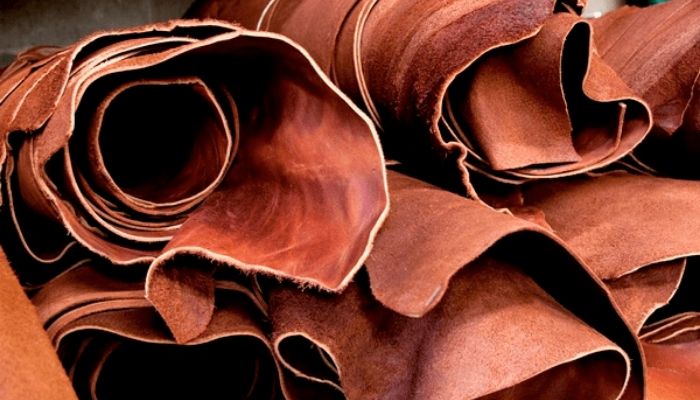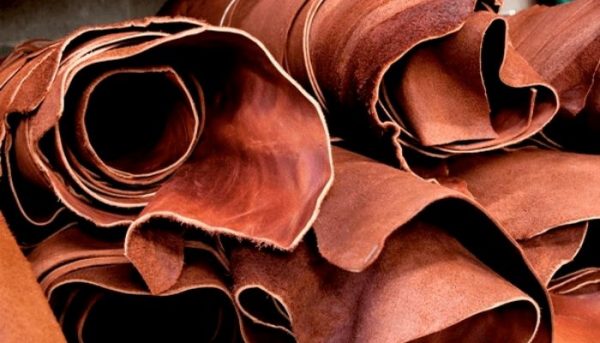The Nigerian leather industry represents one of the country’s significant non-oil export sectors, with established markets domestically and internationally. Northern Nigeria has a long-established tradition of leather processing and production, particularly in states like Kano and Sokoto. This heritage dates back centuries, with documented evidence of leather trading along trans-Saharan trade routes. Traditional leather working has been passed down through generations, particularly in the northern regions where it remains an important craft and commercial activity.
Read more about Discover Nigeria
Globally, Nigerian leather—especially from Kano’s tanneries—is prized, with high-end brands sometimes sourcing from these materials for luxury products. The industry is expected to grow significantly, with projections of generating over $1 billion by 2025. Despite its promise, the sector faces challenges, including competition from imports and limited automation. The Nigerian Export Promotion Council (NEPC) has recognized leather as a strategic export that diversifies the country’s economy beyond oil.
Production Centers
Kano State serves as the primary hub of Nigeria’s leather industry, hosting multiple tanneries and processing facilities. The city of Kano, in particular, has maintained its historical position as a centre for leather processing in West Africa. Other significant production centres include: Sokoto, Kaduna, Zaria and Jos.
Raw Materials and Resources
Nigeria’s leather industry benefits from the country’s large livestock population, particularly goats and sheep. The Red Sokoto goat, native to northern Nigeria, is especially notable for producing high-quality leather. These goats are recognized internationally for their skin’s distinctive grain pattern and durability.
Production Process
The leather production process in Nigeria operates at various levels:
Traditional Tanneries
- Use time-tested methods passed down through generations
- Often family-operated
- Serve local and regional markets
Modern Facilities
- Employ contemporary tanning techniques
- Focus on export markets
- Process leather to international standards
Main Products
The industry produces several categories of leather goods:
- Processed hides and skins
- Semi-finished leather
- Finished leather products
- Traditional leather crafts
- Modern leather accessories
Market Access
Nigerian leather finds its way to various markets:
Domestic Market
- Local shoe manufacturing
- Traditional leather goods
- Fashion accessories
Sign up for the Connect Nigeria daily newsletter
International Market
- Export to European leather markets
- Trade with other African countries
- Supply to international fashion brands
Industry Challenges
The sector faces several documented challenges:
Infrastructure
- Power supply issues
- Transportation limitations
- Storage facilities
Technical
- Need for modern equipment
- Environmental concerns in processing
- Quality control standardization
Development Potential
The industry shows potential for growth through:
- Value addition to raw materials
- Skills development and training
- Modern technology adoption
- Environmental sustainability measures
Traditional Knowledge
A significant asset of the Nigerian leather industry is its traditional knowledge base:
- Generational expertise in leatherworking
- Understanding of local raw materials
- Traditional processing techniques
- Cultural designs and patterns
Environmental Considerations
The industry faces environmental challenges that need addressing:
- Waste management from tanning processes
- Water usage and conservation
- Chemical handling and disposal
- Sustainable processing methods
The Way Forward
The industry’s development depends on several key factors; modernization of processing facilities, skill development programs, quality standard implementation and environmental protection measures.
Register to attend the Connect Nigeria Business Mixer
Final Thoughts
The Nigerian leather industry represents an important sector of the country’s non-oil economy. While facing various challenges, it maintains significant potential for growth and development. The combination of traditional expertise and modern manufacturing capabilities positions the industry for potential expansion in both domestic and international markets.
Did you find this article useful? Contact us: [email protected]


